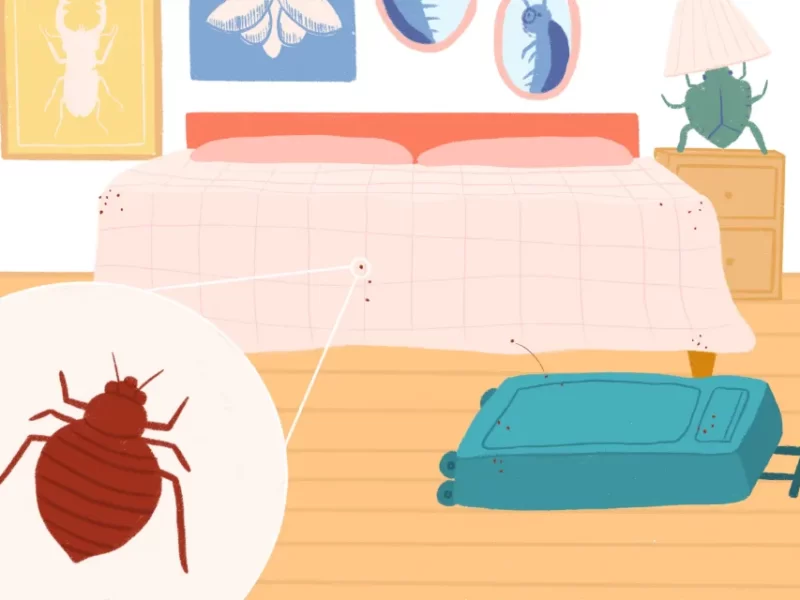You can better digest food, take in nutrients, and get rid of waste by drinking water. You could become less thirsty as you age. Additionally, taking certain medications or having certain medical conditions may increase the likelihood that you won’t drink enough water. Staying hydrated is a key part of keeping your body healthy. That’s why the advice to “drink 8 glasses a day” has become a familiar mantra on morning talk shows and in magazines.
So how much water does an elderly parent need to consume daily? What happens if they consume too little or too much water, respectively? You can learn the solution from this article.
Read more: How Does Salt Water Help a Sore Throat: Is It Possible? – Elder VIP
How Much Water Should An Elderly Person Drink a Day?
Although the advice to drink eight glasses of water per day is probably well-known, not everyone needs to follow it because everyone has different needs for daily fluid intake. Marathon runners, for instance, will require a different amount of water than those who are more sedentary.
How much water is enough to keep an elderly person stay hydrated is based on a variety of factors including:
- Environment: People who live in mountainous or extremely hot regions will have different fluid needs than those who live in a temperate climate.
- Activity levels: More water is required by those who are physically active than by those who are sedentary.
- Diet: People who consume diets high in sodium, sugar, or spices will need to drink more fluids than other people.
- Health: People with certain health conditions such as diabetes will need to consume more fluids as well as those on particular medications.
- Weather and/or season: Seasonal and weather variations will influence how much fluid is needed. For instance, if it’s hot outside, you should drink more water because you’ll be sweating out more water.
Water Intake Formula:
Drinking half an ounce of water for every pound of body weight is one guideline to help elderly people determine how much water they need. For instance, a 160-pound person should consume 80 ounces of water each day.

What Happens If the Elderly Do Not Drink Enough Water?
When you don’t get enough fluids for your body’s needs, you could develop dehydration, a potentially dangerous condition. Health issues like urinary tract infections (UTIs), heat stroke, heart issues, kidney failure, and blood clot complications—from minor to life-threatening—can result from this. Dehydration can hinder your body’s capacity to fight off infections and recover from injuries or illnesses because it has an adverse effect on the health of your cells.
Being hydrated is crucial for anyone, but it’s especially crucial for seniors. Up to 40% of elderly people may be chronically dehydrated, according to a study from the University of California, Los Angeles School of Nursing.
Reasons
- As we get older, our appetite and thirst usually decrease. This means that even if your body is requesting fluids, you might not be aware of it and drink less than is necessary to maintain your health.
- Older adults experience changes in their body composition over time that cause them to have less water in their bodies to begin with.
- Seniors are more likely to take medications that raise the risk of dehydration.
Additionally, a recent study found that older people’s bodies don’t regulate temperature as effectively as younger people’s do. Seniors are therefore more susceptible to dehydration from sweating during exercise or activity.
Symptoms of Dehydration
Dehydration of any severity can result in a wide range of uncomfortable and disabling symptoms. An elderly parent can take action before the situation gets worse by being aware of the warning signs.
Early dehydration symptoms include:
- Dark-colored urine, urinating less frequently
- Fatigue, or feeling weak
- Irritability
- Dizziness
- Headaches
- Muscle cramps in arms or legs
- Dry mouth
- Confusion decreased cognitive function
Dehydration can cause fatigue and a lack of coordination, which can cause falls and injuries. Drinking more water throughout the day is the best way to avoid becoming dehydrated.
How Can An Elderly Person Get Enough Water Every Day?
You should aim for 6 to 8 glasses of fluid a day. Here are some simple tips for making sure you reach your goal and get enough water.
- When taking a pill, drink a full glass of water. This can be a great chance to drink more water if you take your medications at different times of the day.
- Between each bite of your meal, sip some water. While you are eating, take some time to add liquids. These sips can result in improved hydration.
- Throughout the day, sip beverages. Purchase a reusable bottle with a straw and fill it with plain water. Take it with you wherever you go and drink it all day long. You might be surprised by how much you drink, and using a straw is sometimes simpler.
- Have a cup of low-fat soup as an afternoon snack. Soups and broths count toward your daily goal of fluid intake. You can stay hydrated by enjoying soup as a snack.

- Set a daily tea appointment with a friend. A simple and enjoyable way to consume more fluids is to stop for a healthy drink with a friend.
- Freshen up your water. A few lemon or orange slices, along with a few ice cubes, can occasionally add a fresh flavor to water. Because of this, drinking more may be simpler.
- Keep drinking water if you have incontinence. Don’t stop drinking water if you have incontinence or wake up frequently at night to use the restroom. You might quickly become dehydrated as a result of this. As an alternative, seek medical attention.
- Eat soft, wet foods that have high water content. These can be foods like yogurt, gelatin desserts, pureed fruit, and custard.
Final Thoughts
Maintaining good health requires drinking plenty of water. Consult your doctor if you are worried that your parent, who is elderly, is not getting enough water and that this is having an impact on your health. But excessive water consumption can be harmful to your health, particularly if you already have heart, liver, or kidney issues. Non-steroidal anti-inflammatory drugs (NSAIDs), opioid pain relievers, and some antidepressants can all lead to water retention. Those elderly parents with one of these health conditions or taking any of these medications should discuss their fluid intake requirements with their healthcare provider to make sure they are not drinking too much water.
FAQs
How Much Water Should An 80 Year Old Drink a Day?
What steps can older adults take to avoid dehydration? Experts generally recommend that older adults consume at least 1.7 liters of fluid per 24 hours. 57.5 fluid ounces, or 7.1 cups, are equivalent.
What is the Fastest Way to Hydrate An Elderly Person?
If the person you are caring for is showing early signs of dehydration, offer them a bottle of water, Gatorade, Powerade or coconut water to replenish their electrolytes quickly.



